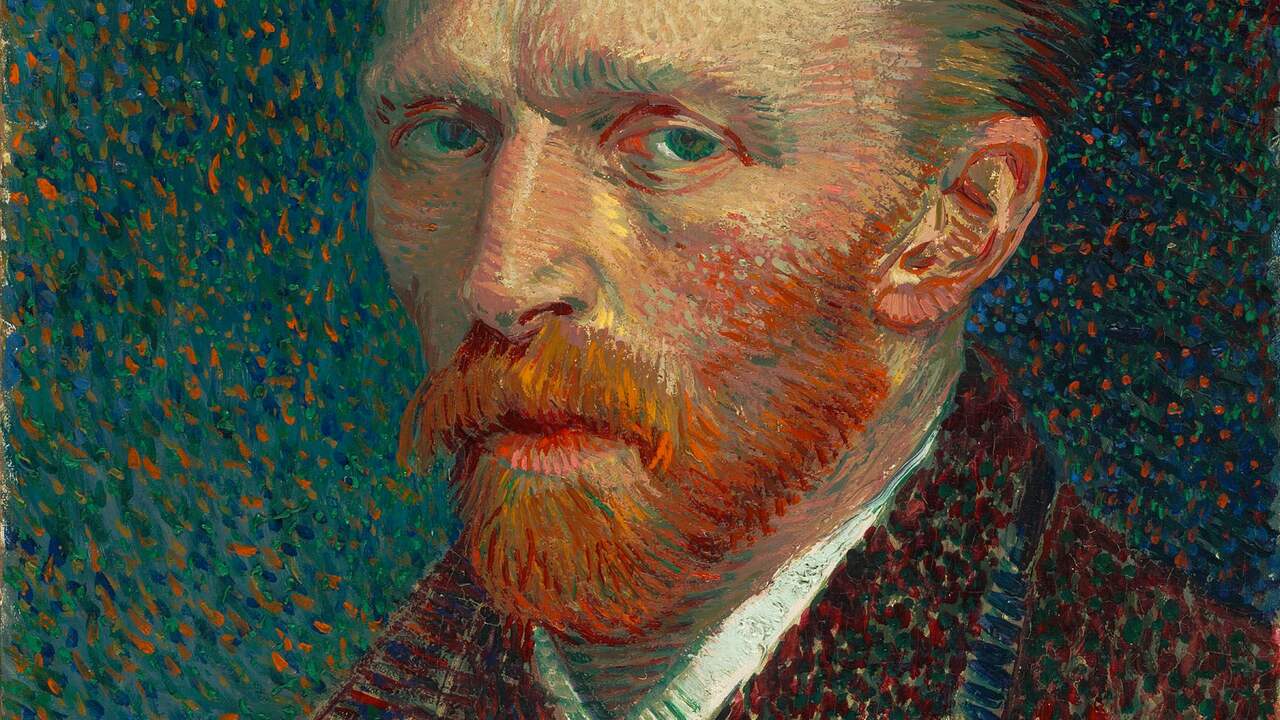If patients are terminally ill, they usually have only one wish: to stay at home with their own family as long as possible without pain. The team of specialized outpatient palliative care (SAPV) at the Wrzburg Mitte Clinic, Juliusspital location, makes exactly that possible. For ten years now, the doctors and nurses of the SAPV have been accompanying critically ill people and their relatives in their home environment on the last common journey. This is what palliative care writes in a press release
“We started outpatient palliative care in some areas as early as 2005. At that time we were the second outpatient palliative service in Germany,” recalls Dr. Rainer Schfer, chief physician of the clinic for anesthesia, operative intensive care and palliative medicine at the KWM-Juliusspital. “We were able to set up the offer in close cooperation with the AOK Bayern and the Bavarian Association of General Practitioners and thus enable first home visits for palliative care.”
In 2007, the Health Reform Act paved the way for the SAPV: It says that every terminally ill person is entitled to outpatient palliative care. On November 1, 2010, the SAPV of the Juliusspital officially started operations.
The SAPV employees are now on duty around the clock, 365 days a year. With six cars they are on the road in the city and district of Wrzburg, Kitzingen and Main-Spessart. “Our job is something special and very different from working in hospitals,” says Elisabeth Khler, anesthesiologist and palliative medicine specialist and senior doctor at SAPV. “We come as guests to a family and usually accompany them over several weeks in a difficult phase. In doing so, we build a direct and deep relationship.” It’s a job that you can’t just quit after work. Despite years of experience in inpatient and outpatient palliative medicine, the treating doctors and nurses have many fates, especially when the patient’s environment reminds them of their own.
They draw strength from the exchange with colleagues and the knowledge of helping people with their work every day. “The relatives are just as important as the patient himself. They are confronted with a terrible situation, see a loved one walking and are usually overwhelmed with medical care,” says Khler. “Supporting you is our central task. That is why relatives can contact us at any time with questions or concerns.”
The SAPV looks after its patients for around six to eight weeks on average in their home, in a nursing home or in a facility for the disabled. Close cooperation with the family doctor is extremely important for holistic care.
“The attending physician can prescribe four different levels of outpatient palliative care. Our support can range from pure advice to full medical care in accordance with this prescription,” explains Schfer. “In most cases we provide so-called additive partial care. This means that we supplement the general practitioner’s treatment with palliative measures such as pain relief, treatment of symptoms such as shortness of breath and nausea, or psychosocial support.”
Before the treatment, the SAPV palliative care physicians agree on the current therapy and possible palliative measures in an initial consultation with the patient, their relatives and the family doctor.
In the following time, they visit the patient regularly, inquire about his condition and adapt medication and therapeutic measures to current needs. In addition to this regular care, the SAPV team is always available even in crisis situations and helps quickly with complaints that arise suddenly, according to the message.
If at some point care in the home environment is no longer possible, the SAPV can put you in touch with the appropriate facility, for example a palliative care unit or a hospice. Even in this case, however, the primary goal remains to regain or maintain as much quality of life as possible.
–
Add the following tag to My Topics:
–
–
–
–

